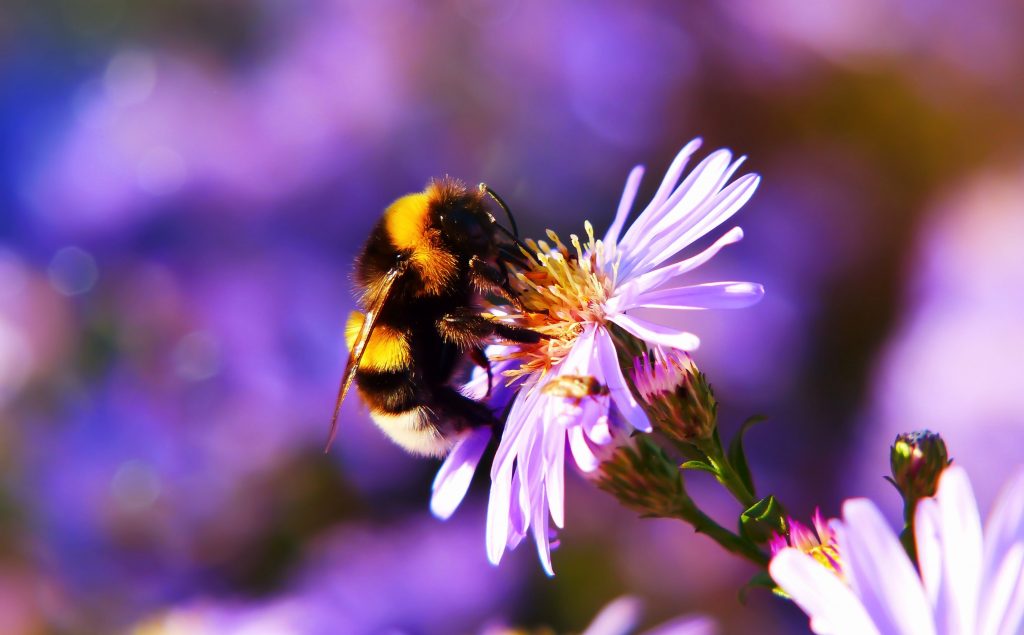Report calls for pesticide reduction target
Related Articles
The Wildlife Trusts has published a report, ‘Reversing the Decline of Insects’, which shows how people can take action to bring back insects.
There is ongoing evidence for insect declines and the future of insects – and all life that depends on them – hangs in the balance as trade deals threaten to increase the use of pesticides.
The publication follows the ‘Insect declines and why they matter’ report, launched last year, which examined evidence that insect populations are close to collapse and concluded that “the consequences are clear; if insect declines are not halted, terrestrial and freshwater ecosystems will collapse, with profound consequences for human wellbeing.”

The Wildlife Trusts are calling on the government to reverse the decline of insects by setting a pesticide reduction target, as good as, if not better than, the EU’s target to reduce by 50 percent the overall use of – and risk from – chemical pesticides by 2030.
Craig Bennett, chief executive of The Wildlife Trusts, says: “In my lifetime 41 percent of wildlife species in UK have suffered strong or moderate decreases in their numbers and insects have suffered most. This has had a huge effect on the rest of the natural world. The vital role that insects perform is undermined and everything that depends on them suffers, from hedgehogs to nightingales, wildflowers to wetlands.
“Current trade deals threaten to make a bad situation worse. It’s up to the government to ensure we maintain our current environmental standards, not let them slip and jeopardise the wildlife we have left.
“We want to see an ambitious pesticide reduction target and at least 30 percent of land being managed for nature so that insects can become abundant once more. We’re calling on everyone to take action for insects and become an insect champion.”
Lead author of the report, Professor Dave Goulson of the University of Sussex adds: “If we get it right for insects we get it right for everything else. Insects are the canaries in the coal mine – their collapse is an alarm bell that we must not ignore. Action is needed from every section of society – we all need to change this together.”

























